Your Summer Guide to Natural Mosquito Repellants
Because bug bites are the worst.
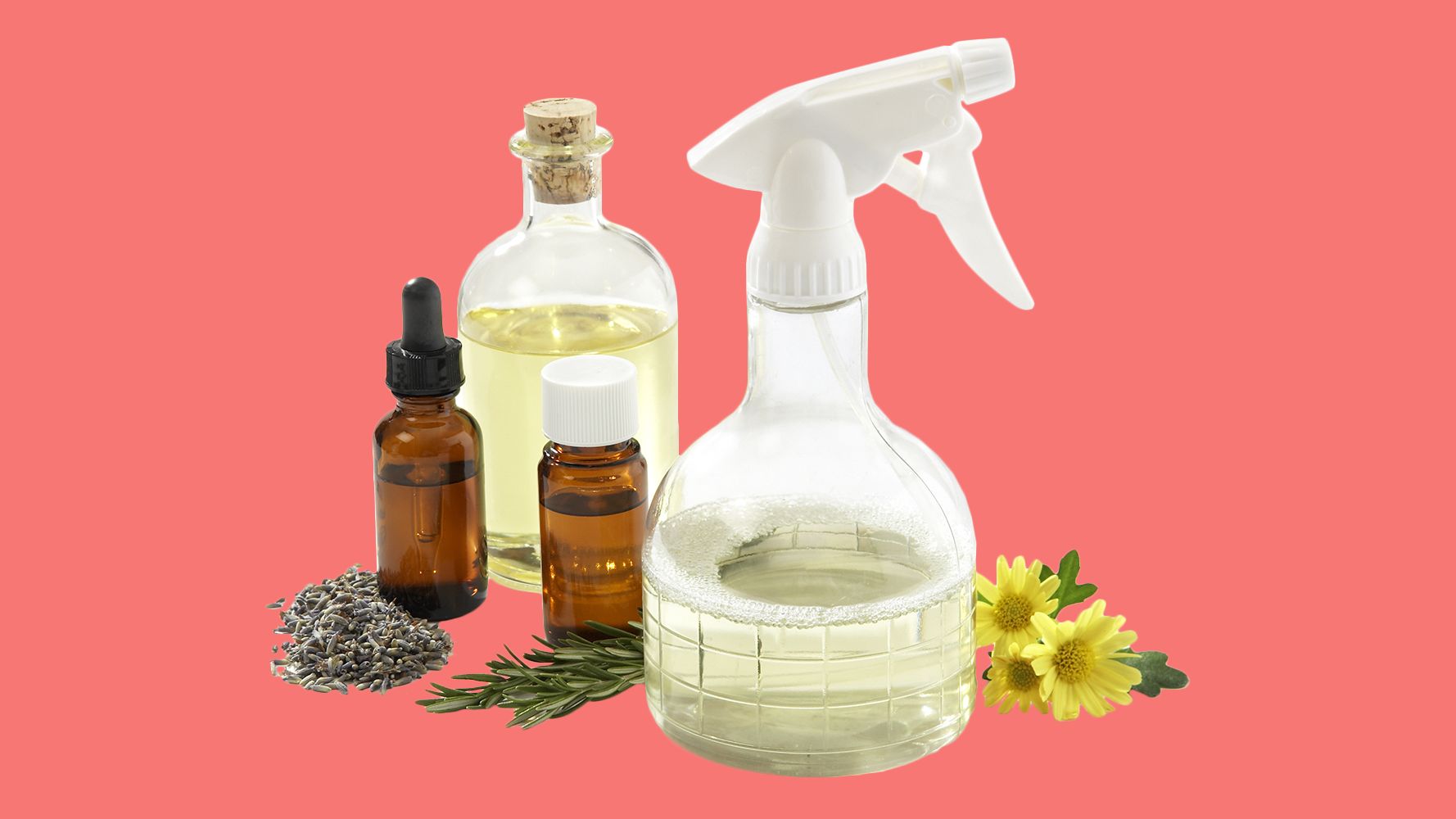

In the past, people have tried everything from catnip to a handful of garlic (oof) to repel mosquitos (and the itching and misery they bring).
As the warmer weather and humidity draw out more of the blood-suckers—not to mention the threat of developing Zika virus—it's a better time than ever to study up on ways to get them off your scent.
We consulted Dr. Gabrielle Francis—a naturopathic doctor based in New York City who works with musicians like The Roots and Steven Tyler—to walk us through some of the best ways to naturally repel mosquitoes (AKA sans DEET). Below are some of her best suggestions, along with some added prevention tips from the CDC on traveling to Zika-affected countries this vacation season.
Prep For Vacation Season With B-Complex Vitamins

Dr. Francis recommends: "Take B complex vitamins for one month prior to the summer holidays. And continue throughout the summer. The B vitamins give off an odor that mosquitos do not like!"
Always Pack Lighter, Long-Sleeved Clothes
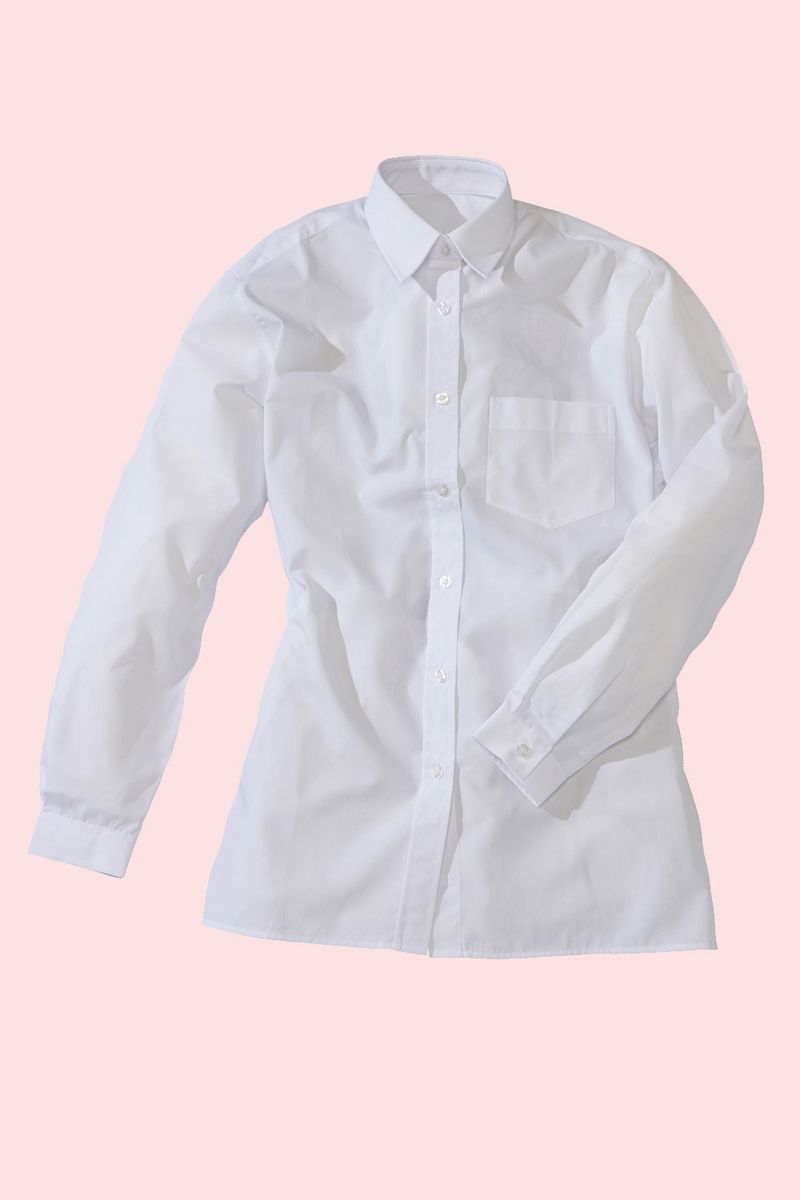
Not only do darker clothes attract the sun's rays in the summer, but the CDC also recommends wearing lighter clothes in mosquito-riddled areas and staying covered up to prevent unwanted bites. They also warn against spraying mosquito spray beneath clothing.
Non-DEET Drugstore Products That Still Do the Trick
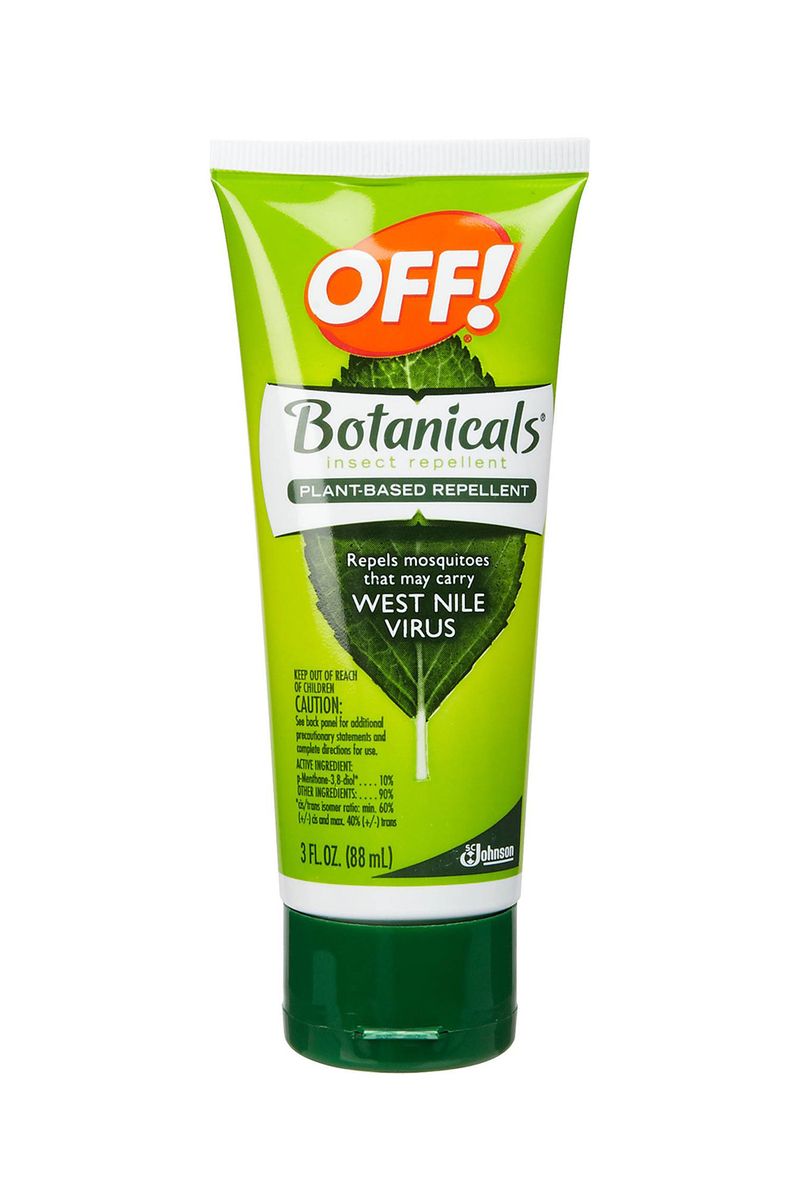
DEET products get a bad rap for claims that they harm the nervous system, though the evidence has never been conclusive that they're unsafe for normal use. The CDC still recommends that if you're in a region with a significant threat of Zika or mosquito-borne illness like malaria, to use a DEET product or a repellant that contains any of the following: picaridin, IR3535, oil of lemon eucalyptus, or para-menthane-diol (you can check for EPA-approved repellants here).
OFF! Botanicals Plant-Based Repellant (contains picaridin), $25 for Pack of 2; amazon.com.
Get exclusive access to fashion and beauty trends, hot-off-the-press celebrity news, and more.
Mosquitos Hate Essential Oils!
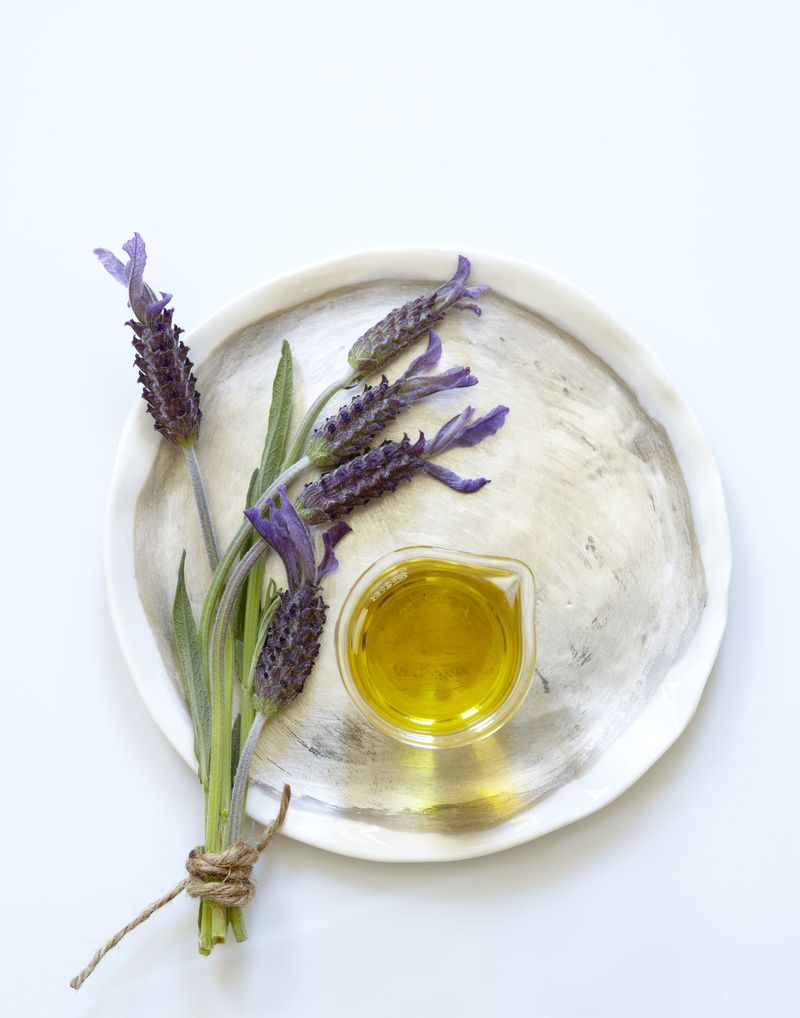
For at-home use, or if you're stepping out at peak mosquito hour at dawn or dusk, a mix of essential oils can also help you avoid getting attacked by mosquitoes.
Dr. Francis recommends: "The essential oils are the immune system of the plant. They have anti-microbial activity and protect the plant from bacteria, virus, and other microbes and bugs. They also protect us the same way! So a good natural bug spray should have a nontoxic base such as an organic oil or aloe vera or a water base."
Essential oils include: germanium, citronella, lemon grass, eucalyptus (not recommended for children under 3), lavender, cedar, rosemary, peppermint, etc.
Dr. Francis' Natural Insect Repellant Recipe
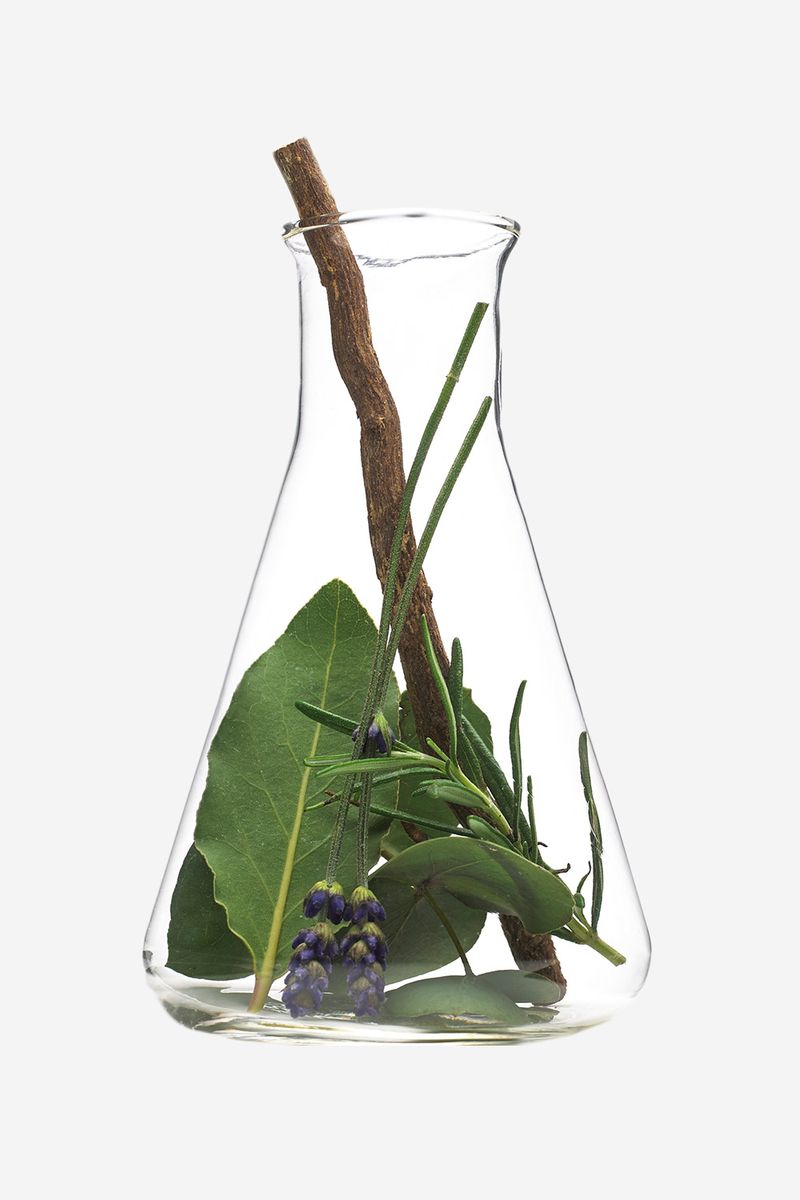
Ingredients:
20 drops eucalyptus oil
20 drops cedar wood oil
10 drops tea tree oil
10 drops geranium oil
2 oz. carrier oil such as jojoba or almond oil
Directions:
Mix together in a 4 oz. container. Apply to skin as needed, avoiding the eye area. Test on a small area of skin and try different oils for effectiveness. "Any essential oils in an oil base of a lotion work just as well, if not better!"
Topical Mosquito Bite Remedies
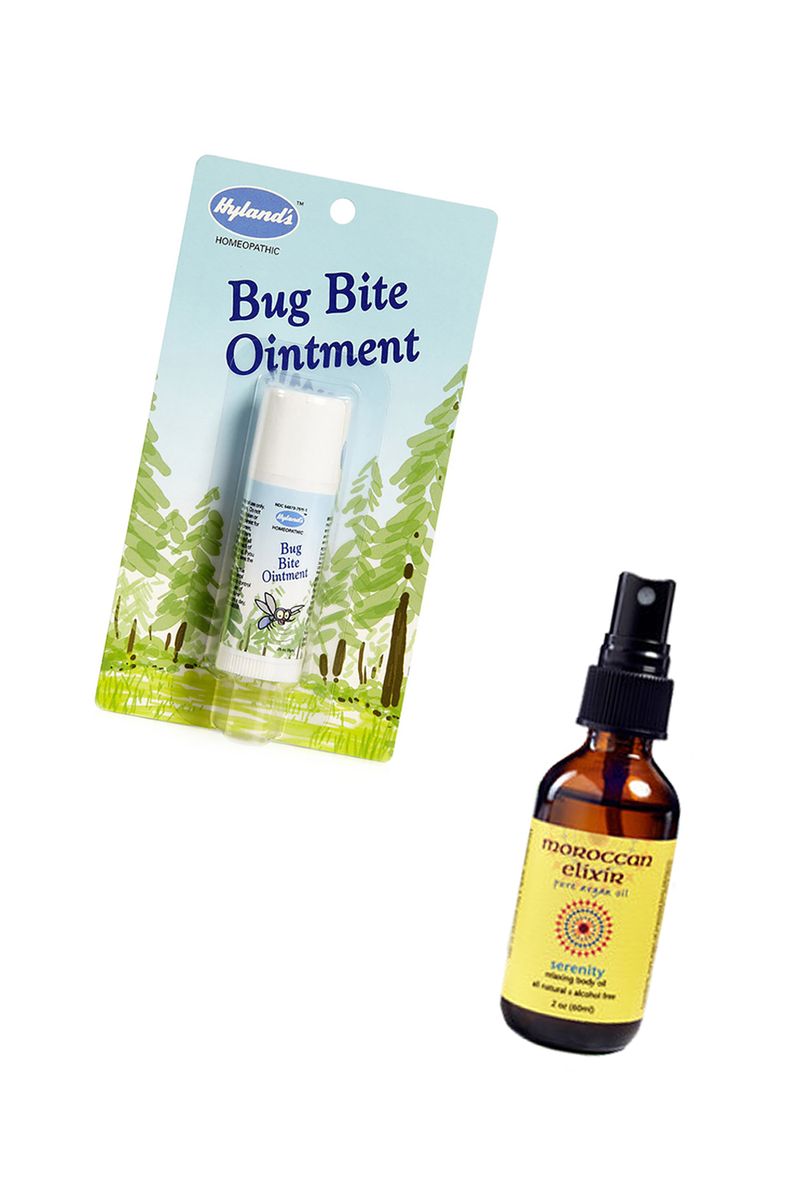
Dr. Francis recommends:
Hyland's Homeopathic Bug Bite Treatment, $9; walgreens.com.
Moroccan Elixir Argan Oil, $20; theherbanalchemist.com.
Homeopathic Remedies for Bug Bites
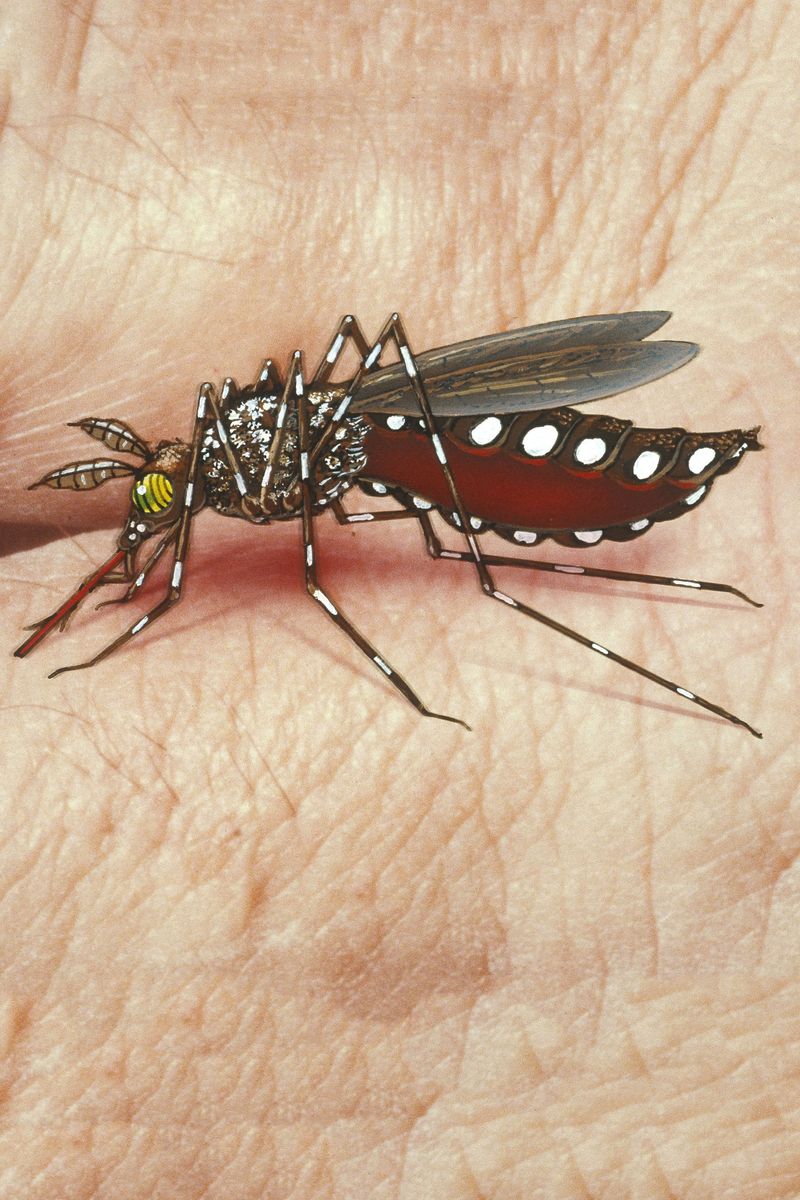
Natural salves for bug bites are available at health food stores, often in 30 count dosages. Dr. Francis recommends taking 3 to 5 pellets under the tongue 4 times a day.
Apis Mellifica
Apis is one of the most common homeopathic remedies indicated for insect stings that are red, hot, swollen and puffy looking at the site.
Ledum
The homeopathic remedy Ledum is indicated for bites and puncture wounds where the injury site feels cold and becomes bluish in color.
Formica Rufa
Formica rufa is useful for insect stings from fire ants and other bites where there is terrible stinging pain accompanied by intolerable itching and blistering at the site of the bite.
Urtica Urens
Urtica Urens is indicated where there are large, bright red blotches or hives that burn and sting, have violent itching and a crawling sensation on the skin.
Staphysagria
Staphysagria is an excellent homeopathic remedy for the prevention of mosquito bites. For those who are prone to attracting every mosquito in the area, it may be taken as a prophylactic or can be used after being stung to reduce the effects from the mosquito bite.
